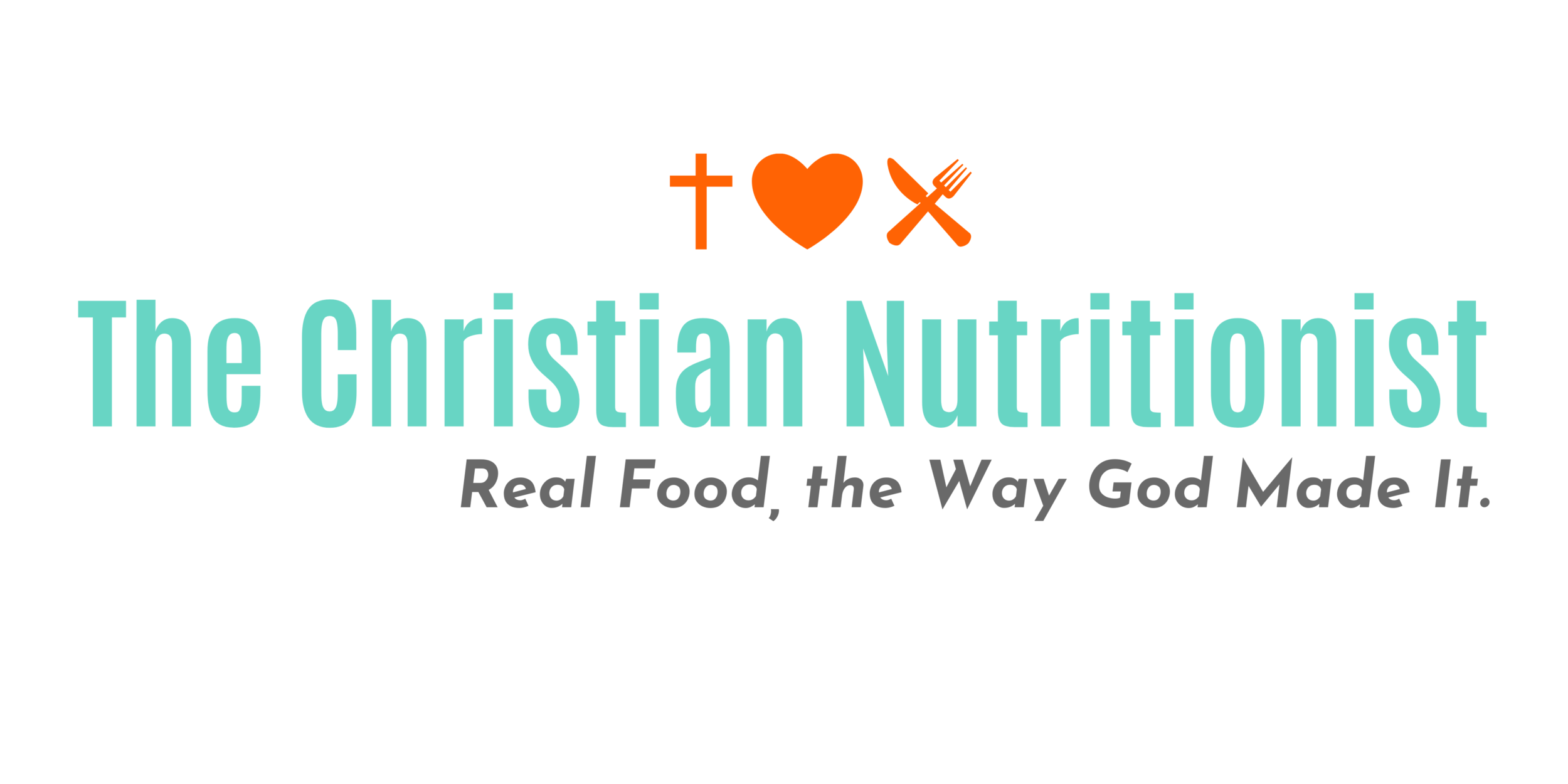246: Was The Biblical Diet a High Carb Diet?
With all of the bread, grains, vegetables and fruit, it stands to reason that the Biblical diet was one high in carbohydrates. So why is everyone on a low carb diet? And is the trend about to change?
In this week’s episode we’re talking about the challenges of navigating a high carb diet in modern times plus exploring the increasing popularity of the Prometabolic approach.
📩 Get on my Sunday Sendout List to receive all of my best tips and information!
📲 Check out my website for access to recipes, The Christian Health Club Podcast, free guides, and more!
246: Was The Biblical Diet A High Carb Diet?
EPISODE BLOG
Today, I find myself thinking about a question that has been lingering in the back of my mind for quite some time: Was the Biblical diet a high carbohydrate diet? After considerable thought and research, the short answer appears to be yes. Given the prevalence of wheat, other grains like lentils and barley, local fruits, and honey, it seems likely that carbohydrates constituted a significant portion of their diet.
The Carb Comeback
As someone who champions a moderate carbohydrate intake, the thought of embracing a diet high in carbs might seem counterintuitive at first glance. However, the tides are turning, and carbohydrates are gradually reclaiming their place in the nutritional spotlight. This shift is not just a fleeting trend but rather a cyclic return to what once was considered the dietary norm. Remember the days when fats were the villain, and carbohydrates reigned supreme? The dietary pendulum is swinging back, and it's time we prepared for it.
The Evolution of Diets
The journey of macronutrients through the annals of dietary history is a tale of heroes and villains. From the fat-phobic era of the food pyramid to the protein highlight reel of the Atkins diet, and onto the Paleo and Keto diets that demonized carbs, we've seen it all. Each diet brought its revelations and pitfalls, highlighting the importance of a balanced approach to eating. The Paleo diet, for example, shed light on the problems with seed oils, while the Keto diet emphasized the potential issues arising from extreme low-carb consumption.
The Prometabolic Approach
Enter the Prometabolic or Bioenergetic diet, a higher carb approach that has been simmering in the background. Pioneered by individuals like Dr. Mercola and inspired by the work of Ray Peat, this diet is slowly gaining recognition for addressing the shortcomings of previous diets. The Prometabolic diet proposes a significant shift—embracing carbohydrates as a primary source of energy, while still acknowledging the value of fats and proteins.
The Biblical Context
The Biblical diet, with its abundance of grains, fruits, and honey, suggests a naturally higher carbohydrate intake. This diet was not meticulously calculated but was rather a reflection of the available regional and seasonal foods. Today, the challenge lies in navigating a high-carb diet amidst an overabundance of processed foods and a vastly different lifestyle.
Modern Challenges
Adopting a high-carb diet in today's world comes with its unique set of challenges. The processed food era has introduced a category of carbs that our ancestors didn't have to contend with. Maintaining a diet high in carbs, therefore, requires a discerning approach to food choices, emphasizing whole, unprocessed foods over refined and highly palatable options.
The Role of Animal Protein
While the Prometabolic diet leans towards a higher intake of carbohydrates, it doesn't dismiss the importance of animal proteins. The Biblical diet included meat, dairy, and other animal-derived foods, providing a balanced source of nutrition. In modern times, prioritizing animal protein can help maintain energy balance and prevent the overconsumption of carbohydrates and fats.
A Balanced Perspective
As we explore the possibility of a carb comeback, it's crucial to approach it with balance and moderation. The goal is to achieve metabolic flexibility, allowing our bodies to efficiently utilize all macronutrients. This doesn't mean swinging from one extreme to another but finding a sustainable middle ground that supports health and well-being.
Conclusion
The discussion on high carb versus low carb is far from over. The Prometabolic approach, with its emphasis on easily digestible sugars and avoidance of processed foods, offers an interesting perspective on dietary balance. However, the key to navigating any diet is understanding your body's needs and the role of food in overall health. As we continue to learn and adapt, let's not forget the wisdom of the past while embracing the scientific insights of the present.
Remember, the journey towards health is not about following trends but about understanding the principles of nutrition and how they apply to our individual lives. As we look for the lessons from the Biblical diet, let's aim for a balanced approach that honors our bodies and the world we live in.
Resources and Programs
Join the Sunday Sendout List
Join the The Christian Health Club
Early Bird Registration: The School of Christian Health and Nutrition
Thanks for listening! Have a healthy and blessed week!

